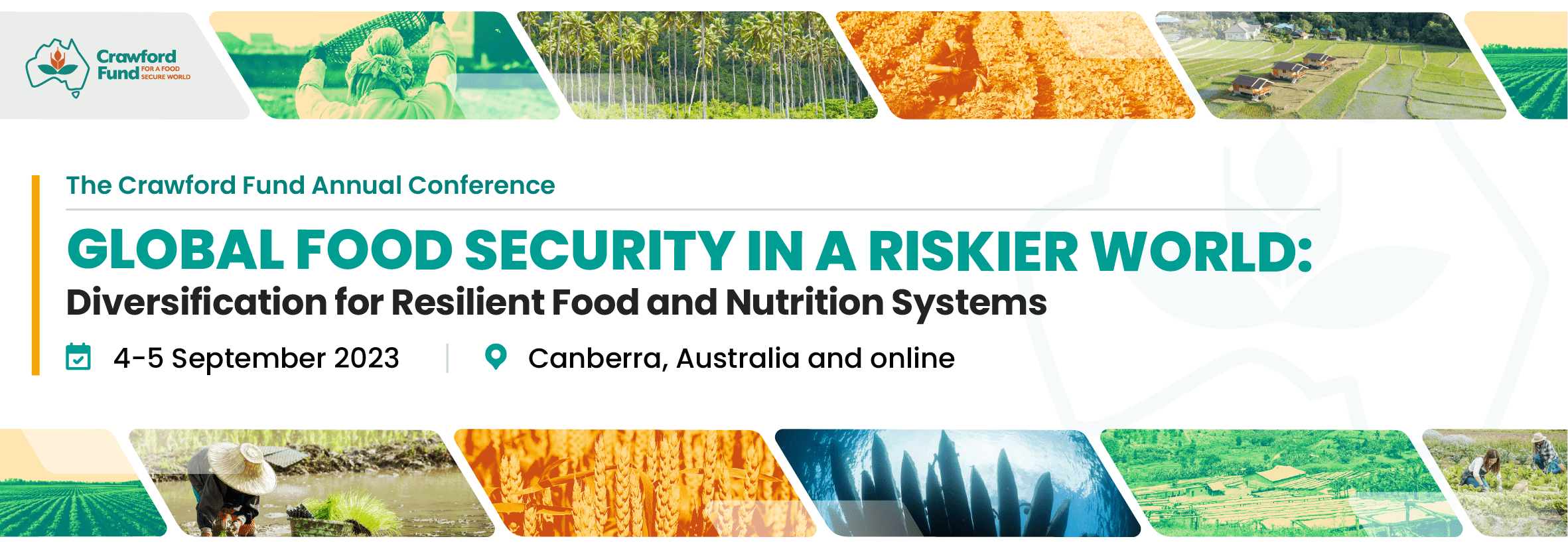


Prof Kadambot Siddique
The University of Western Australia, Hackett Professor of Agriculture Chair and Director of the UWA Institute of Agriculture
Prof Siddique has over 30 years’ experience in agricultural research, teaching and management in both Australia and overseas. He has developed a national and international reputation in agricultural science especially in the fields of crop physiology, production agronomy, farming systems, genetic resources, breeding research in cereal, grain and pasture legumes and oilseed crops.
He has published >850 scientific papers, books and book chapters. Professor Siddique was the Highly Cited Researcher in Agricultural Science in 2018, 2019, 2020, 2021 and 2022. He is the Highly Cited Researcher (Hi Ci) in 2021 and 2022 in two categories: (i) Agricultural Sciences (ii) Plant and Animal Science (Thomson Reuters/ Clarivate Analytics). Google Scholar h-index: 104 and citations: 41,949 (15 May 2023).
Fellow of the Australian Academy of Technological Sciences and Engineering, Australian Agricultural Institute, Indian National Academy of Agricultural Sciences, Foreign Fellow of the Pakistan Academy of Sciences and Fellow of African Academy of Sciences (first Australian to be elected to the Academy). Professor Siddique was designated by United National FAO as Special Ambassador for the International Year of Pulses 2016.
Professor Siddique is the recipient of national and international awards including: Urrbrae Memorial Award, Member of the Order of Australia (AM), 2014 Western Australian Year of the Award (CitWA), the Dunhunag Award by China’s Gansu Provincial Government. He received the Friendship Award from the Chinese Central Government (the highest award for a foreign expert) in recognition of his outstanding contributions to agricultural science and education in China over the years and was the Western Australian Indian of the Year 2021. Professor Siddique was one of the three finalists for the Western Australian Scientist of the Year 2022 Award. He received the Sanquin Friendship Award from the Shaanxi Province China in April 2023.
Professor Siddique has also trained numerous Honours, MSc and PhD students. He has developed an extensive network of scientists within Australia and has also established a diverse range of overseas (China, India, Turkey, Syria, Iraq, Iran, Saudi Arabia, Oman, Malaysia, East Timor, Nepal, Bangladesh, Pakistan, Europe, Canada, USA) collaborative research and educational projects. He holds a number of national and international committee positions.
Professor Kadambot Siddique AM FTSE – Session 4.1 Future Smart Crops, 5 September 2023
QA Session 4.1 – Pittock, Siddique, Khalil, 5 September 2023